How to Hire a Moving Company: The Ultimate Guide
Imagine you’re planning a big move across San Diego. The thought alone can seem overwhelming and full of complexities.
Selecting the right moving company can mean the difference between a smooth transition and a logistical nightmare.
To avoid common pitfalls in the moving process, a thoroughly researched, well-chosen moving service is the cornerstone of a hassle-free relocation experience.
Assessing Your Moving Needs
When approaching the task of moving, it is essential to evaluate the volume and nature of the items to be transported. A clear inventory will not only facilitate a more accurate estimate from potential moving companies but also guide you in determining the level of service required. Consider if you have delicate antiques, large pieces of furniture, or specialized items that may demand additional care and expertise.
In the process of defining your moving requisites, reflect upon the distance of your relocation and your desired timeline. An interstate move, for instance, will necessitate a company with the proper licensing and experience in long-haul transfers. Equally important is deciding whether you require packing services, storage solutions, or if a simple transport service satisfies your needs. By carefully itemizing and acknowledging the specifics of your move, you ensure that the moving company you hire is well-equipped to handle your personal effects with the skill and attention they deserve.
Determining Move Size
Assessing the scale of your move is crucial; inventory each room, noting large items and estimating box quantities. This quantification helps tailor moving company estimates to your specific needs.
Recognizing precise move dimensions is foundational for an accurate quote. It involves a detailed account of every room’s contents, shedding light on the bulk and diversity of your possessions.
Accurate inventory leads to precise planning and optimal moving resources allocation.
Complexity varies with move size; larger moves might require specialty services or additional manpower. Appropriately gauging this helps forecast costs and coordinate logistics, thus streamlining the moving process.
Identifying Special Requirements
Before finalizing a mover, discern if your belongings warrant particular care. For example, antiques, fine art, or sensitive electronics need specialized handling and insurance to safeguard against damage or loss.
Certain items demand climate-controlled transport. Remember to verify this with potential movers.
Equally, residences with access restrictions, like narrow streets or no elevators, necessitate special equipment (such as hoist systems) and considerations.
Items of considerable weight, like pianos or safes, require expertise in heavy lifting and appropriate transport mechanisms, ensuring no harm comes to your property or the premises.
If relocating a considerable distance, consider if long-haul services or interim storage are necessary. It’s advisable to address these concerns in the initial consultation to ensure that the moving plan adequately covers your logistical needs without surprises.
Accordingly, be sure to convey any items’ special needs to prospective companies. Proper accommodation ensures these belongings are transported securely and efficiently.
Researching Movers
When initiating the quest for a reliable moving company, conducting thorough research is imperative. Commence by seeking referrals from trusted sources, such as friends, family or professional real estate contacts. Subsequently, employ online tools to assess the reputations of these recommendations through customer reviews and ratings. Scrutinize the movers’ histories by checking their duration of service and complaint records with entities like the Better Business Bureau. Confirm that they are licensed and insured, a safeguard that provides recourse in the event of mishandling or accidents. A meticulously researched mover is a cornerstone to a smooth transition to your new abode.
Reading Reviews and Testimonials
When selecting a moving company, reviews and testimonials are invaluable resources. Carefully analyze feedback to gauge previous clients’ experiences with the mover’s services.
Given the subjective nature of reviews, it’s prudent to read a broad cross-section to unearth a balanced understanding. Look for recurring themes – whether praises or grievances – as they often reflect consistent aspects of the company’s service quality.
Moreover, focus on reviews that detail specific situations similar to your moving needs. Such insights can better inform you about the company’s competency in handling scenarios akin to yours, thus providing a clearer expectation of their service delivery.
In addition to written reviews, video testimonials can offer a more personal touch, allowing you to witness the expressiveness and authenticity of former clients. These can sometimes convey nuances that written words may not fully capture, providing a richer context.
Lastly, consider the company’s responses to reviews, especially negative ones. A professional and constructive approach to criticism speaks volumes about their customer service ethos and dedication to continual improvement.
Verifying Licenses and Accreditations
To initiate the verification process, start by requesting the company’s USDOT number, a unique identifier regulated by the Federal Motor Carrier Safety Administration (FMCSA). This is crucial for interstate movers.
Ensure the moving company has a valid license. Check this information through the FMCSA’s database.
Investigate their accreditation status with reputable organizations such as the American Moving and Storage Association (AMSA), which holds its members to high industry standards, imposing rules for ethical business practices and customer relations.
Review the company’s insurance policy details, assessing their level of coverage in case of damages. Confirm their adherence to California’s legal requirements for movers, including workers’ compensation insurance, to guarantee protection against potential liabilities. It’s well-advised to be vigilant in verifying these accreditations and licenses to reduce the risk of fraudulent or incompetent services.
Getting Accurate Estimates
The cornerstone of a stress-free move lies in acquiring precise quotations from potential moving companies. Assessing the bid involves careful scrutiny beyond the mere dollar figure that appears on the estimate. Reliability and transparency are paramount components when evaluating the quotes you have received.
It is essential to have in-depth discussions with movers about the scope of services they offer. This should include a detailed inventory walkthrough (virtually or in-person), which ensures all belongings are accounted for. Missing items from the inventory can lead to significant discrepancies in estimated and final charges.
Insist that moving companies provide “binding” or “not-to-exceed” estimates to cap unexpected expenditures. Such stipulations offer a safeguard against escalating costs and ensure adherence to the proposed budget, thus providing financial clarity for your relocation.
Understanding Binding vs. Non-binding Quotes
Binding quotes offer financial certainty.
With a binding quote, the cost is set in stone. No matter the actual weight of your belongings or the time it takes to move them, the price will not change. This provides a guaranteed ceiling on your moving expenses, eliminating the risk of unexpected fee increases. However, it’s crucial to understand that any additional services requested after the agreement can alter the final price.
Non-binding quotes are estimates, not guarantees.
From a non-binding perspective, the cost can fluctuate. It reflects an estimate based upon the mover’s assessment of your items. If the actual weight is more than estimated, the cost will increase accordingly, potentially leading to unplanned expenditures on moving day.
Choose prudently between binding and non-binding.
Selecting between binding or non-binding estimates requires judicious consideration. Binding offers predictability, whereas non-binding offers initial cost flexibility but with potential for price variations based on actual weight or additional services.
Reputable movers will clarify the nature of their quotes.
It is incumbent upon reputable moving companies to transparently explain the distinctions and possible implications of binding versus non-binding estimations, allowing you to make an informed choice compatible with your financial planning. The Federal Motor Carrier Safety Administration (FMCSA) mandates movers to furnish accurate explanations of their estimate types to protect consumers.
Evaluating In-Home Assessment Benefits
An in-home assessment provides a more accurate estimate of moving costs.
- Detailed Inventory: Moving specialists catalog your possessions, ensuring a comprehensive and precise quotation.
- Personalized Interaction: Direct engagement with moving experts allows for an in-depth understanding of the moving process and service customization.
- Accuracy Over Assumption: Physical appraisal of belongings eliminates guesswork and underestimation of space and resources needed.
- Risk Mitigation: Spotting potential challenges beforehand minimizes the chance of last-minute complications.
- Tailored Recommendations: Movers can offer specialized services based on assessed items, such as crating for valuables or heavy lifting for bulky items.In-person evaluations can avoid unexpected costs later.
These face-to-face interactions cultivate trust and reliability, providing peace of mind in your mover selection.
Moving Day Preparations
As your moving day draws near, it’s critical to communicate with your chosen moving company to confirm the schedule and any last-minute arrangements. Make sure to have a clear understanding of the arrival time and the estimated duration of the move. Remember, this is a collaborative process, and keeping lines of communication open with your movers is key to ensuring a smooth transition.
Prepare a personal essentials bag that includes items you’ll need immediate access to, such as medications, important documents, basic toiletries, and a change of clothes. This “survival kit” will be indispensable during the first 24 hours post-move, when the bulk of your belongings are still packed. Additionally, consider safeguarding your valuables by transporting them personally, or by using specialized services offered by your mover for high-value items. These preparations, though seemingly small, can significantly reduce stress on the day of your move.
Clarifying Mover Responsibilities
Understanding the scope of work is vital.
When contracting a moving company, it is incumbent upon homeowners to thoroughly understand the exact remit of the services promised. This includes, but is not limited to, packing and unpacking, disassembly and reassembly of furniture, and whether moving supplies are provided. Furthermore, confirming the coverage of insurance in case of damage or loss is essential to safeguarding your belongings during the relocation process.
The division of labor should be explicitly stated.
It is important to delineate tasks among the moving crew – who does what and when. This helps avoid any misunderstandings, ensuring a seamless moving experience. Clear communication about boundaries of mover responsibilities may also dictate the specific precautions they take with fragile or high-value items; this can be critical in averting potential disputes or damage.
Review the contract for detailed service specifications.
The contract between a client and the moving company will typically outline responsibilities explicitly and conclusively. It is prudent to review this document carefully, ensuring that all agreements regarding the mover’s obligations are spelled out clearly. Internationally recognized terms, such as “Your Rights and Responsibilities When You Move,” issued by the Federal Motor Carrier Safety Administration, should form the basis of any contract with a moving company after June 2023, ensuring accurate and non-deceptive representation of services offered.
Preparing for Potential Issues
Anticipate complications before they arise.
Contingencies must be meticulously planned for every phase of the move to preempt undue distress. This involves establishing clear dialogue with the moving company regarding policies for potential delays or mishaps. For instance, ascertain the steps they will take if belongings are damaged during transit. Moreover, comprehensive insurance coverage is essential to protect against unforeseen loss or damage.
Always expect the unexpected with moving companies.
Ensure movers have a contingency for unforeseen delays. In the event that such situations occur – whether due to traffic congestion, mechanical failures, or unforeseen personnel challenges – it is paramount to have a detailed plan. This should include timely communication protocols and alternatives for meeting agreed-upon deadlines.
Develop a detailed inventory to track all possessions.
By rigorously documenting each item, any discrepancy post-move can be quickly identified and addressed. It’s advisable to compare the mover’s inventory against your own records immediately upon completion of the moving process. This ensures an accurate account and facilitates the resolution of any disputes regarding the condition or presence of your belongings with empirical evidence at hand.
How do I choose a local mover?
When choosing a local mover, there are several factors you should consider to ensure a smooth and hassle-free moving experience.
First and foremost, it is important to research local moving companies in your area. Look for reputable companies with a solid track record and positive customer reviews. You can check online directories, such as the Better Business Bureau, to gather information about their reputation and any complaints that may have been filed against them.
Next, consider the services offered by the local movers. Determine if they provide packing and unpacking services, as well as any additional services you may require, such as furniture disassembly and reassembly. It is essential to ensure that the company you choose can meet your specific needs.
Before making a final decision, obtain detailed quotes from multiple local movers. This will allow you to compare prices and services offered by different companies. Remember to inquire about any additional fees and surcharges that may be applicable, such as charges for stairs or long carries.
Additionally, verify that the local mover is licensed and insured. This will provide you with peace of mind knowing that your belongings are protected in case of any damage or loss during the move. A licensed and insured mover demonstrates their commitment to professionalism and accountability.
It is also recommended to schedule an in-person consultation with the local mover. This will give you the opportunity to discuss your moving requirements and address any concerns you may have. During the consultation, ask questions about the movers’ experience, their equipment, and the moving process they follow. This will help you gauge their expertise and determine if they are the right fit for your relocation needs.
Lastly, trust your instincts when selecting a local mover. If something feels off or you have any reservations, it is better to explore other options. Moving is a significant event, and choosing a reliable and trustworthy local mover will ensure a smooth transition from your current location to your new home.
By considering these factors and taking the time to thoroughly research and compare local moving companies, you can make an informed decision and choose a local mover that best meets your needs and preferences.
How to verify moving company credentials?
When it comes to hiring a moving company, it’s crucial to verify their credentials to ensure a smooth and secure relocation process. Here are the steps you can follow to verify a moving company’s credentials:
- Check for licensing: Start by checking if the moving company has the necessary licenses and permits to operate legally. Typically, moving companies are required to have a license number issued by the Department of Transportation or a similar regulatory body. You can verify this information by visiting the official website of the regulatory agency and searching for the company’s license number.
- Research their reputation: It’s important to research the reputation of the moving company you’re considering. Look for customer reviews and ratings on trusted websites such as the Better Business Bureau or Angie’s List. These platforms often provide insights into the experiences of past customers and can help you gauge the company’s reliability and professionalism.
- Insurance coverage: Find out if the moving company offers insurance coverage for your belongings during the move. Reputable moving companies should provide some form of valuation coverage or the option to purchase additional insurance. This is essential in case any of your items get damaged, lost, or stolen during the moving process.
- Ask for references: Don’t hesitate to ask the moving company for references from previous clients. Contact these references to inquire about their experiences with the company. Speaking directly with past customers can give you valuable insights into the quality of service provided by the company and help you make an informed decision.
- Verify their physical address: Ensure that the moving company has a valid and verified physical address. You can use online mapping services or directories to confirm the address provided by the company. A legitimate moving company should have a physical presence, which adds to their credibility.
- Check for affiliations: Look for any affiliations or memberships the moving company may have with professional organizations or industry associations. These affiliations indicate that the company is committed to following certain standards and best practices. Some reputable affiliations in the moving industry include the American Moving and Storage Association (AMSA) and the International Association of Movers (IAM).
By following these steps, you can verify a moving company’s credentials and feel more confident in your decision to hire their services. Remember, taking the time to research and verify their credentials can save you from potential hassles and ensure a smooth moving experience.
How to assess moving company insurance?
When it comes to assessing moving company insurance, there are several key factors to consider. By carefully evaluating these factors, you can determine whether a moving company’s insurance coverage is sufficient for your needs.
Firstly, it’s important to ensure that the moving company you are considering has valid insurance coverage. This can usually be confirmed by requesting proof of insurance from the company and verifying their policy information. This will help to protect you in the event of any damage or loss during the moving process.
Next, you should review the specific coverage provided by the moving company’s insurance policy. Look for comprehensive coverage that includes protection against damage or loss to your belongings while in transit, as well as coverage for any potential accidents or injuries that may occur during the move. Additionally, consider whether the policy provides liability coverage for any damage caused to your property or the property of others during the moving process.
It’s also important to understand the deductible associated with the moving company’s insurance policy. The deductible is the amount of money you would be responsible for paying out of pocket in the event of a claim. A lower deductible typically means less financial risk for you, but it may also result in higher overall costs for the moving services.
Furthermore, consider whether the moving company’s insurance coverage is sufficient for the value of your belongings. If you have high-value items or specialized possessions that require additional coverage, it may be necessary to purchase additional insurance or seek a moving company that offers supplemental coverage options.
Lastly, take the time to read and understand the terms and conditions of the moving company’s insurance policy. Pay attention to any exclusions or limitations that may impact the coverage provided. If you have any questions or concerns, don’t hesitate to reach out to the moving company for clarification.
By thoroughly assessing the moving company’s insurance coverage in these key areas, you can make an informed decision and ensure that your belongings are adequately protected during the moving process.

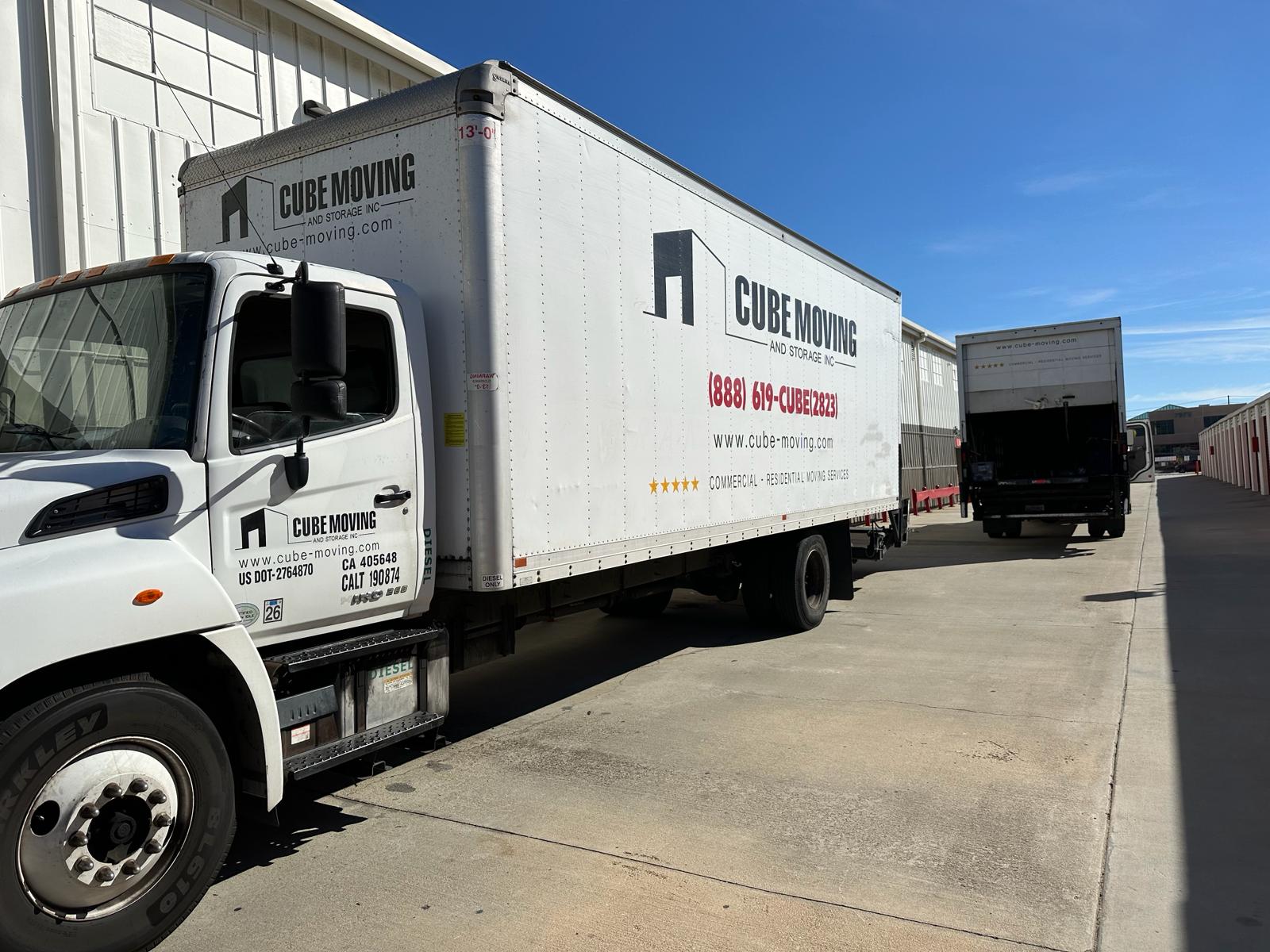
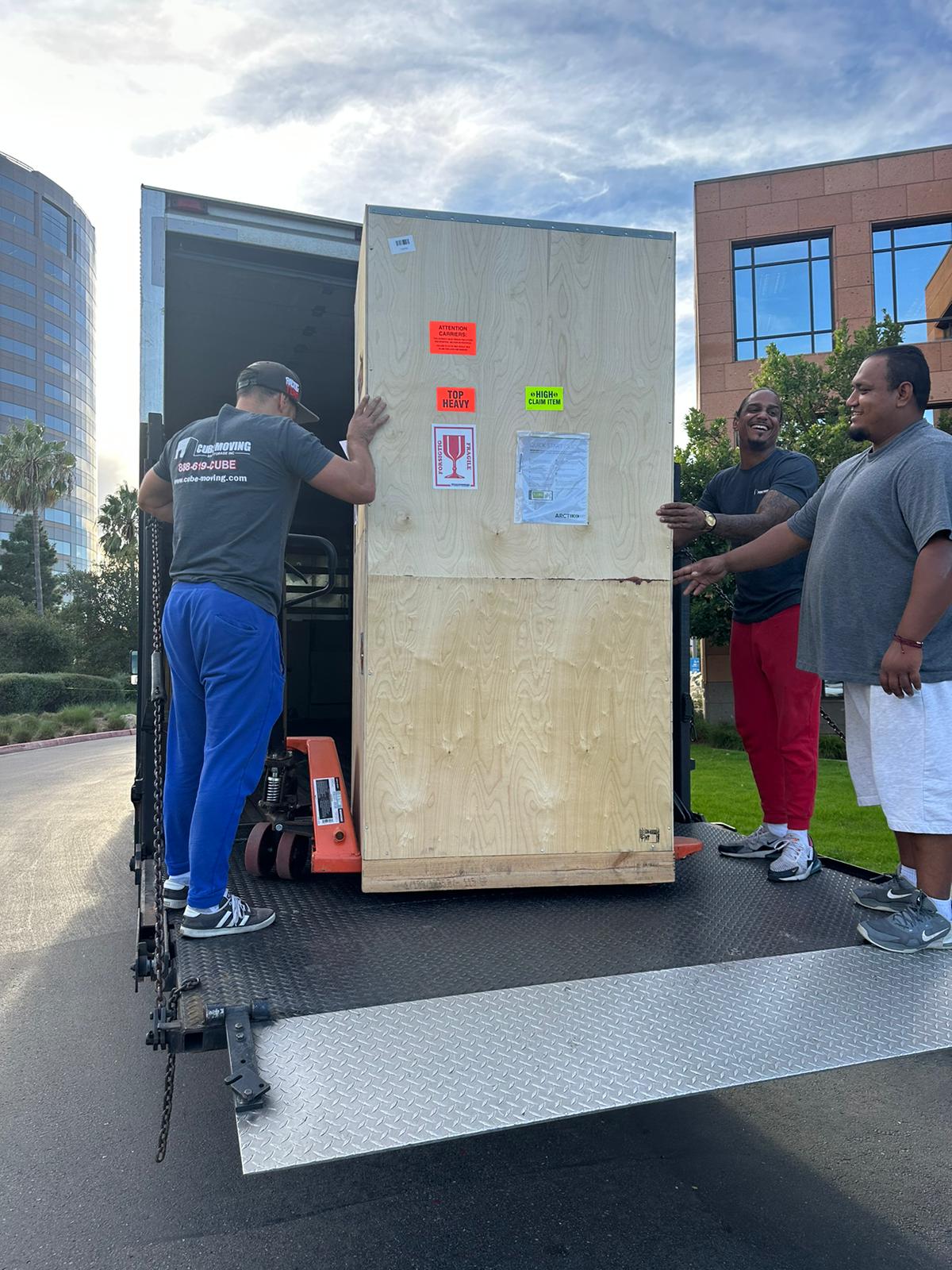
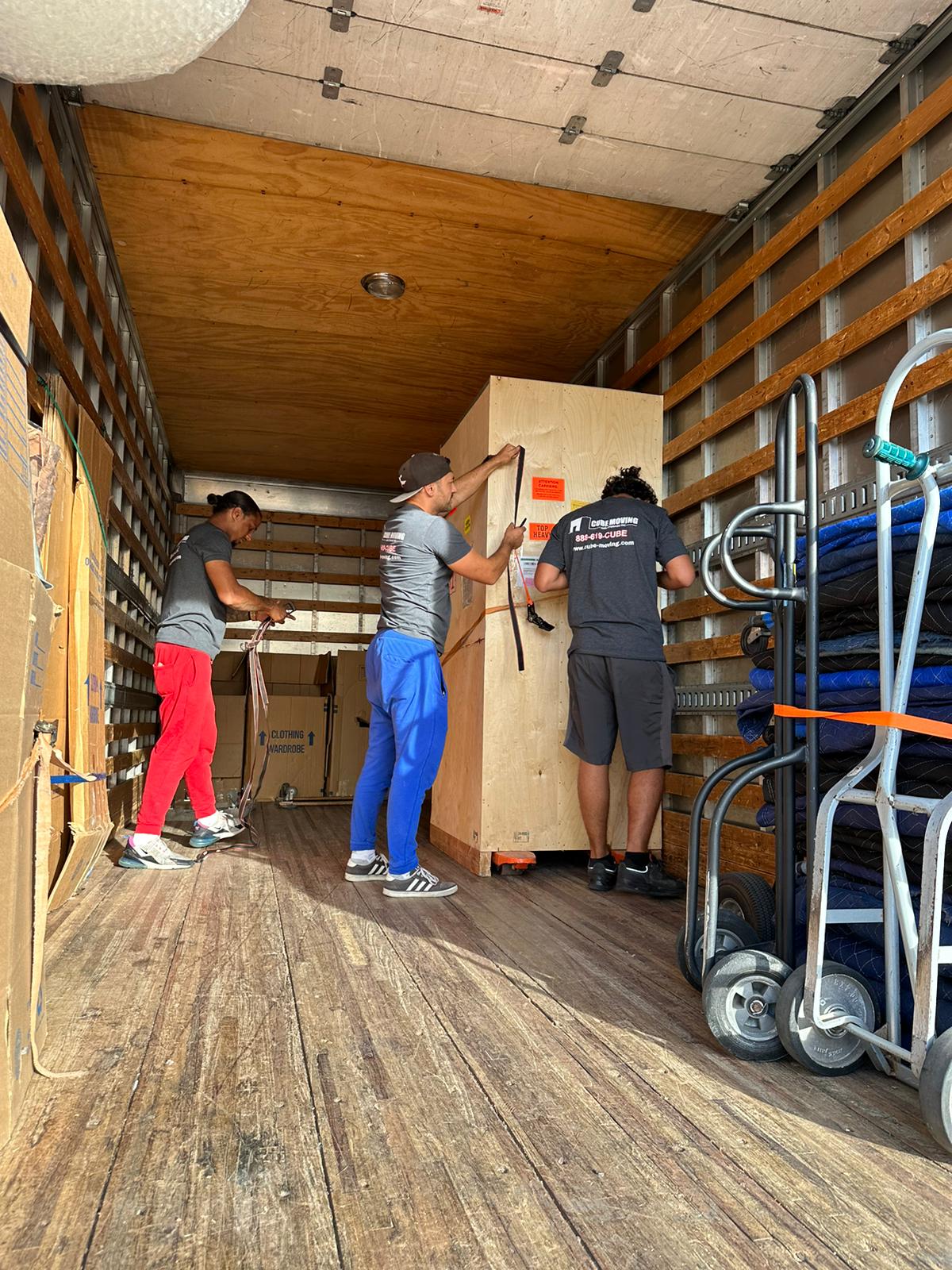
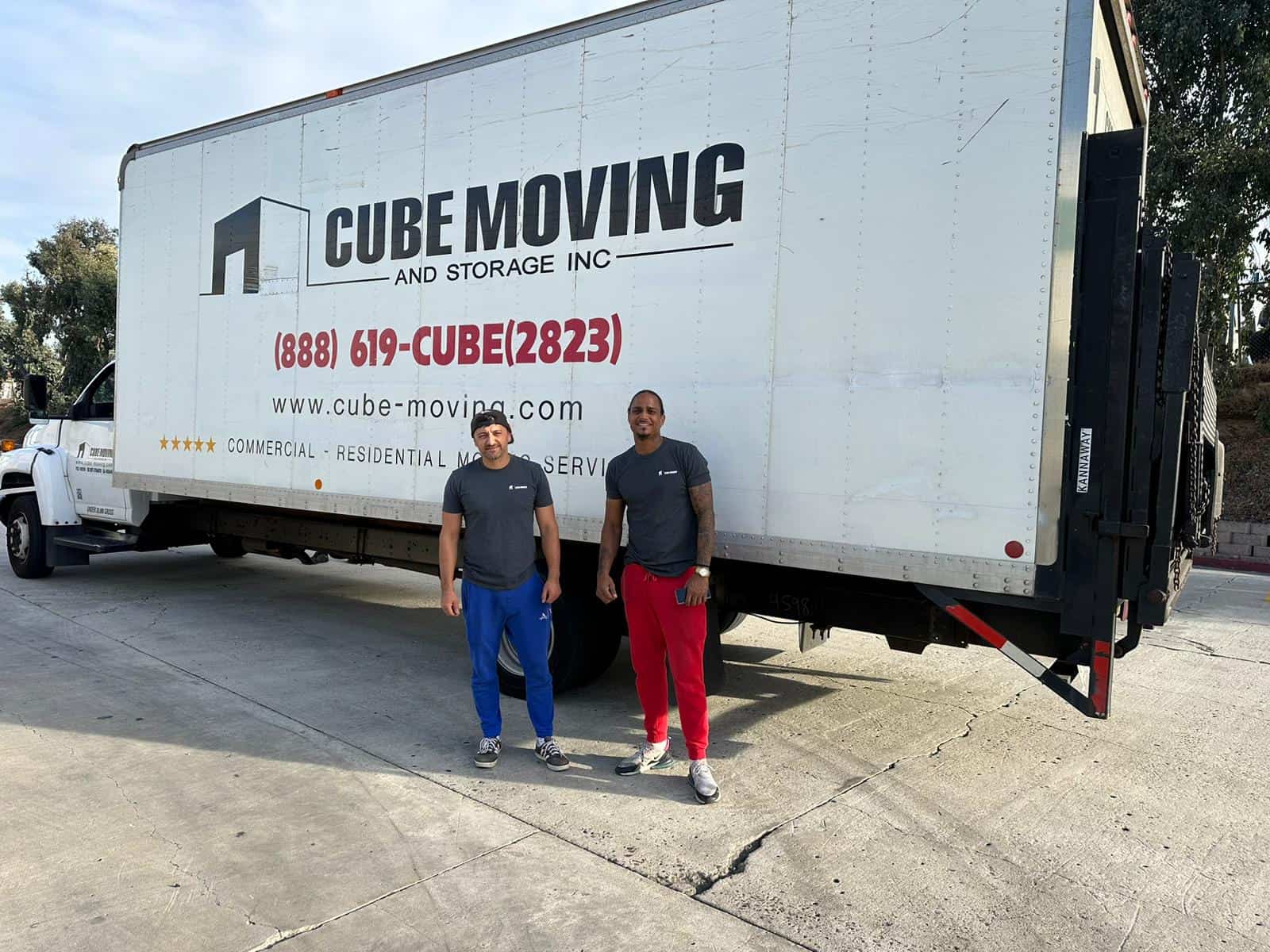
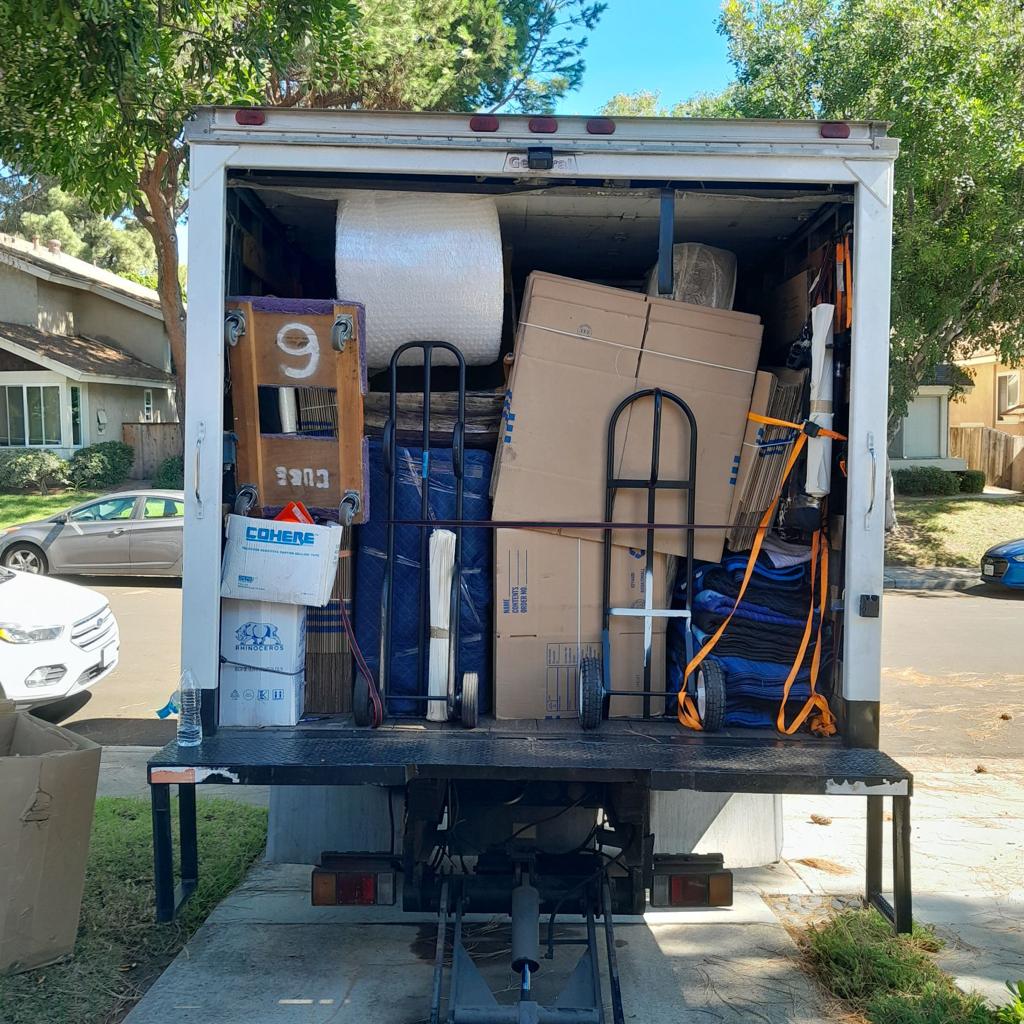



Leave A Comment